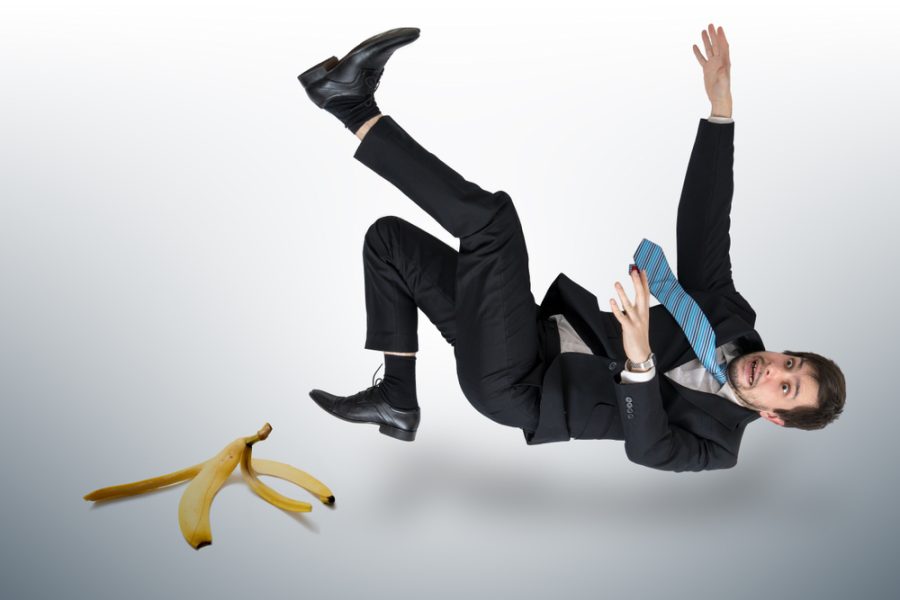I Slipped and Fell; Can I Sue?
Slip and fall accidents can happen when you least expect them, and they often result in injuries that can have a significant impact on your life. If you’ve slipped and fallen due to hazardous conditions on someone else’s property, you may wonder whether you have the grounds to sue for compensation. In this article, we’ll explore the key factors to consider when determining if you can sue after a slip and fall incident.
1. Liability for the Hazard
One of the most critical factors in a slip and fall case is establishing liability. To have a valid claim, you must demonstrate that the property owner or occupier was negligent in maintaining the property. This negligence typically involves:
- Failure to Warn: The property owner knew or should have known about the hazardous condition but did not adequately warn visitors or take steps to address the danger.
- Failure to Rectify: The property owner knew or should have known about the hazard but did not take reasonable steps to repair or remove it.
2. Duty of Care
The concept of "duty of care" is central to premises liability cases. Property owners owe a duty of care to their visitors, which varies depending on the visitor’s status:
- Invitees: Property owners owe the highest duty of care to invitees, who are individuals invited onto the property for a mutual benefit, such as customers in a store. For invitees, property owners must regularly inspect for hazards and take prompt action to address them.
- Licensees: Licensees are individuals who have permission to be on the property, such as social guests. Property owners must warn licensees of known hazards but may have a lower duty to inspect for dangers.
- Trespassers: Property owners owe the least duty of care to trespassers, but they still cannot intentionally harm them and may need to address known dangers that could cause serious injury.
3. Comparative Negligence
In some cases, the injured party’s own actions may contribute to the slip and fall incident. Many states, including California, follow a comparative negligence system, which means that if the injured person is partially responsible for the accident, their compensation may be reduced accordingly.
4. Documenting the Incident
To strengthen your case, it’s crucial to document the incident thoroughly:
- Photographs: Take pictures of the hazard, the surrounding area, and your injuries.
- Witness Statements: If there were witnesses to the accident, obtain their contact information and statements about what they observed.
- Medical Records: Seek immediate medical attention and keep records of all medical treatment related to your injuries.
- Incident Report: If the slip and fall occurred on commercial property, ask for an incident report to be completed.
5. Consult with an Attorney
Determining whether you can sue after a slip and fall incident can be complex. Consulting with a personal injury attorney experienced in premises liability cases is often the best course of action. They can evaluate the specific details of your case and advise you on the best course of action.
Slip and fall accidents can result in significant injuries and financial burdens. To determine if you can sue for compensation, it’s crucial to consider factors like liability, duty of care, and your own actions. Seeking legal counsel is advisable to navigate the complexities of slip and fall cases and pursue the compensation you may be entitled to if negligence was involved.

